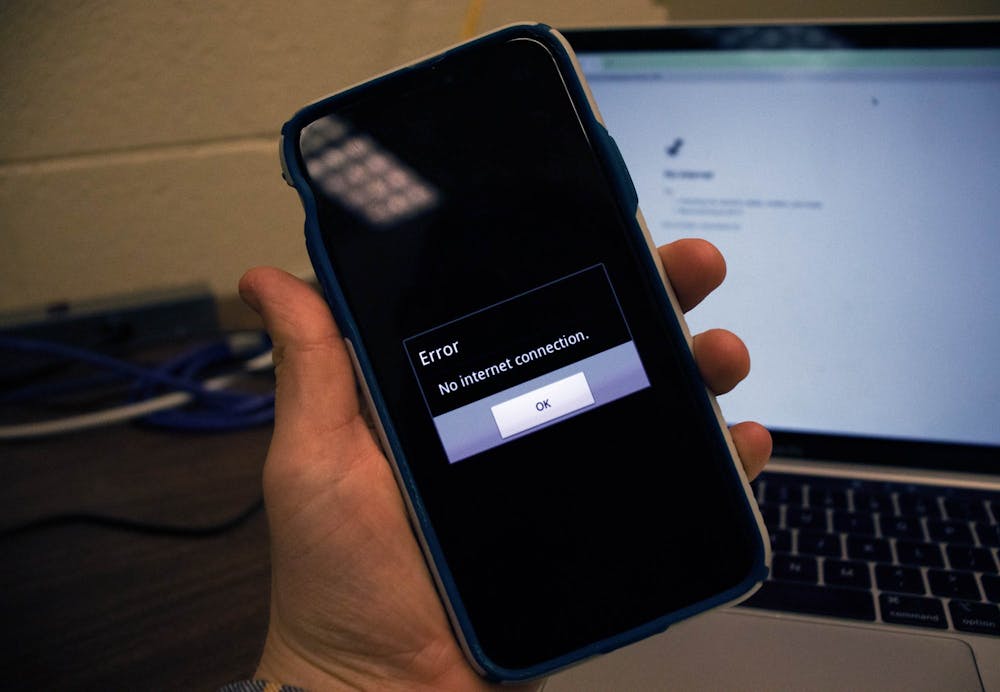On Sept. 27, Gov. Roy Cooper launched the state’s first digital equity program to help North Carolinians access high-speed internet.
The digital equity grant program will help citizens obtain digital services and access digital literacy resources.
The multi-phased program will invest $24 million of federal American Rescue Plan Act funds for collaborative digital equity projects. These funds are administered by the North Carolina Department of Information Technology’s Office of Digital Equity and Literacy.
"We want more North Carolinians to get the tools and knowledge they need to connect to high-speed internet and to use it to transform their communities and their lives,” Cooper said in the Sept. 27 press release.
According to the NCDIT, at least 1.1 million North Carolina households lack access to high-speed internet, cannot afford it or do not have the literacy skills needed to navigate the digital economy.
“There’s no internet in patches of areas,” Jay Parker, partner and broker at Weaver Street Realty in Carrboro, said. “Not having that level of communication really can impact people's safety in terms of being able to get the news, get alerts.”
The grants are a part of Cooper’s plan which aims to provide high-speed internet to 95 percent of North Carolinian households.
Cooper's press release said the program was implemented to positively impact low-income households, residents in rural areas, aging residents, formerly incarcerated individuals, veterans, people with disabilities, residents with a language barrier and racial or ethnic minority groups.
For the first phase of the program, 10 to 15 state government entities will receive funding from $10 million in federal funding. Institutions will use the money to develop or expand digital inclusion programs.



